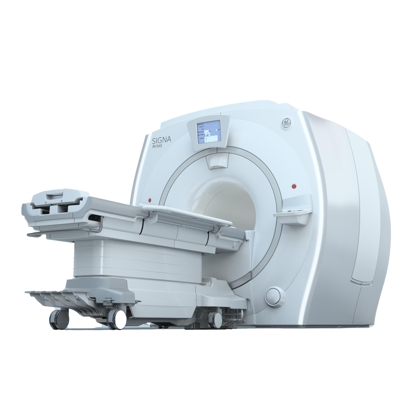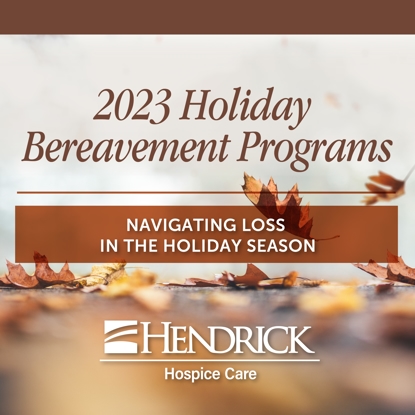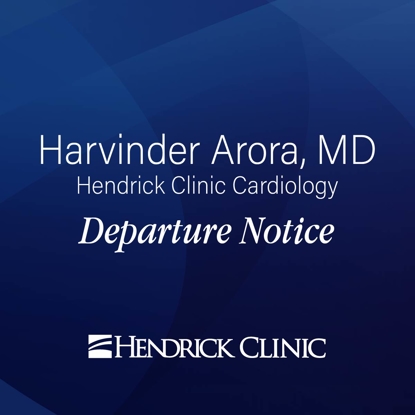Hendrick Health urges quick response to signs of a stroke
- Category: Rehabilitation & Therapy, Neurosciences, Hendrick Clinic
- Posted On:

The nation’s leading cause of long-term disability is stroke. Knowing the signs of a stroke and seeking medical attention promptly at their onset can improve treatment outcomes, research shows.
A stroke occurs when oxygenated blood flow through the brain is blocked, or when a tiny section of a blood vessel’s wall bursts. As a result, brain cells are damaged or die. The parts of the body controlled by those cells can become disabled. A stroke also can be fatal.
Recognizing a stroke quickly can save a life. Because brain cells begin dying immediately, getting an individual to the hospital for medical help is crucial. The acronym B.E. F.A.S.T. is helpful in remembering the symptoms:
B – Balance loss
E – Eyesight changes
F – Face drooping
A – Arm weakness
S – Speech difficulty
T – Time to call 911
By calling 911, treatment starts in the field prior to the patient arriving at the emergency department (ED), said Martee Tebow, Hendrick Health manager for stroke and heart attack services. In addition, a patient or family member should not drive to the ED.
“We want you to call 911 because that’s the safest and the best for the patient to get to the hospital and have timely care,” said Tebow. “We’re activated before your arrival.”
Hendrick Health hospitals in Abilene have received multiple American Heart Association Get With The Guidelines and Mission: Lifeline achievement awards for demonstrating commitment to following up-to-date, research-based guidelines for stroke treatment.
Advanced stroke treatment options are available at Hendrick Health, and may include:
• Tissue plasminogen activator (tPA), a drug to dissolve the clot
• Mechanical thrombectomy, a procedure to insert a catheter into an artery in the brain to remove the clot
Follow-up care may include rehabilitation services to return the patient to as independent a lifestyle as possible.
Hendrick Health also offers the Surviving and Thriving After Stroke support group for stroke patients and caregivers. The support group meets every third Thursday of the month except in November and December. For more information about the group, call 325-670-3412.



